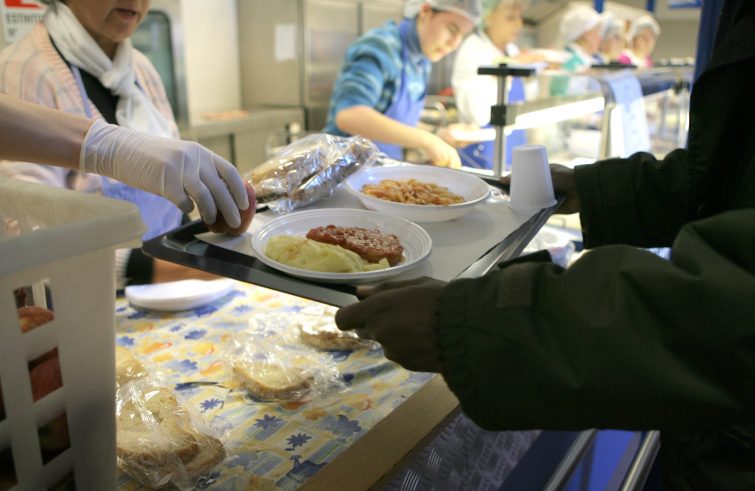
“In our country, as confirmed by our Outreach Centres, poverty levels have risen across the board, impacting ever larger portions of the population, with a worrying impact on minors. Territorial disparities, inequalities and various forms of social disintegration and stigma against vulnerable persons have increased. Worrying forms of generalised mistrust of political institutions and participatory practices are also on the rise.” The chair of Caritas Italy, Fr Marco Pagniello, thus describes the gradual descent into poverty of an increasingly large portion of Italians, which contradicts the narrative of growing GDP, and testifies to the need for in-depth analysis of the situation in Italy. The annual Outreach Report – i.e. the charitable initiatives Caritas has carried out in the year 2022 – and the Poverty Report (highlighting the areas deserving increased efforts) of provide a rather accurate snapshot of the situation in Italy.
From North to South: +12.5% more persons in need (especially minors). During the year 2022, a total of 255,957 people received support from diocesan and parish Caritas Outreach Centres and services networking with data collection (2,855 among more than 3,600 Outreach Centres) located in 205 dioceses (marking a 12.5% increase in the number of beneficiaries compared to 2021), divided as follows: 51.9% in the North, 27% in the Centre and 21.1% in the South and Islands. To these must be added, for the year 2022, an additional 21,930 Ukrainian citizens assisted by the Caritas network, which is also the reason why almost 60% of relief activities were addressed to non-Italians, although this figure reflects a marked regional difference: in the South, for example, two-thirds of all relief services were requested by Italian citizens.
The findings show that the southern regions of Italy have a larger population of elderly citizens with fragilities as compared to the north, which is partly a result of the presence of a young migrant population, although the latter are often poor. In particular, in 2022, the burden of so-called ‘multidimensional poverty’ appears increasingly marked: over the past year, 56.2 per cent of all recipients were characterised by two or more areas of need (it was 54.5 per cent in 2021). As in the past, difficulties linked to economic fragility, employment and housing needs are prevalent; followed by family problems (separations, divorces, conflicted relationships that are a cause of certified impoverishment), difficulties linked to health (mental distress, oncological and dental conditions) or migratory issues. Most of those seeking help were married, lived in a family household (63%) with children (65.6%), often minors. Altogether – according to the Poverty Report – there were 1,400,000 poor children in the year 2022. This means that one out of every four destitute persons was a child (accounting for only 16% of the total population). Nevertheless, loneliness is widespread, accounting for 25% of Caritas assistance services. As many as 83.1% of those who turned to Caritas for help were assisted persons with a home. Only 34% of the totality had an educational qualification higher than lower secondary school. With regard to employment, unemployed persons represented the largest group (48%); followed by employed persons (22.8%), housewives (11.3%) and pensioners (8.5%). An almost equal number of women (52.1%) and men (47.9%) asked for help, reads the Report.
The outbreak of war after the Covid pandemic: support to Italians and to many Ukrainian refugees. Nearly 60% of the Caritas budget went to assistance efforts carried out in Italy, the remaining 40% were distributed in various areas of intervention worldwide thanks to both the eight-per-thousand tax devolution scheme “8Xmille” (funds made available by the Italian Bishops’ Conference, a total of over €28 million that subsidised 441 projects in various areas of intervention) and fundraising campaigns directly promoted by Caritas in Italy, which provided a total of over €58 million worth of aid in 2022.
In the year 2022, Caritas Italy collected donations and contributions for relief programmes both in Italy and around the world, totalling €72,226,678.61. With regard to international aid, the largest share obviously went to Ukraine and consequently to the Ukrainian refugees taken in by Italy: 174,000 Ukrainians fleeing the war, including 92,000 women and almost 50,000 minors (National Civil Protection data). Of these, over 21,930 (15% of the total number of foreigners, a close second to Moroccans) received support at Caritas facilities.












